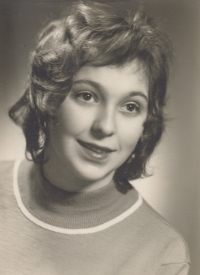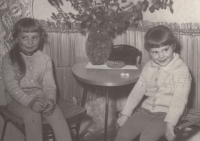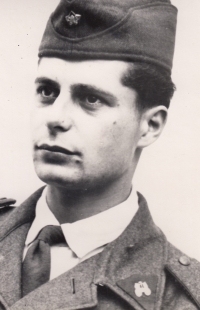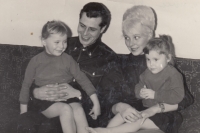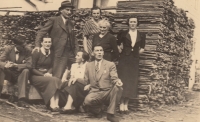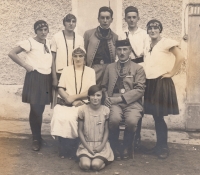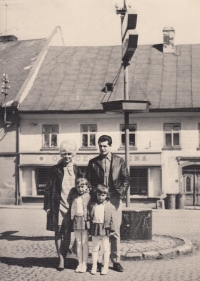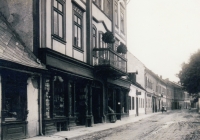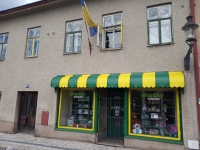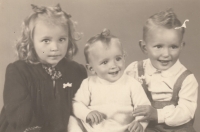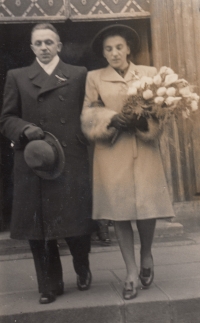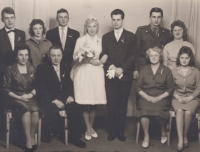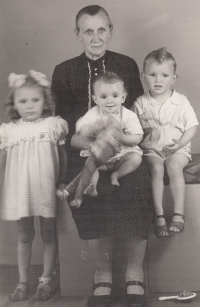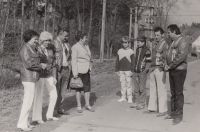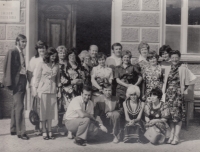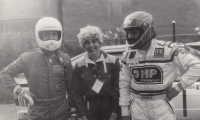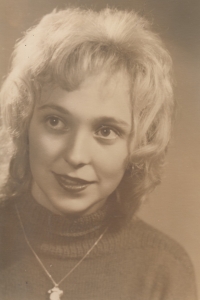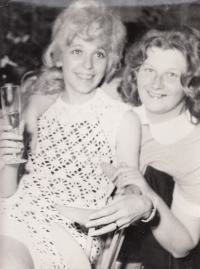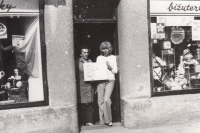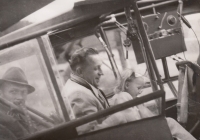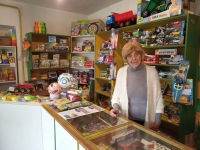My dad wanted back the shop which the communists had taken from him. I made his dream come true

Download image
Věra Ettelová was born on 17 July 1942 in Ústí nad Orlicí. She lived with her parents, sister Eva (1945-2000) and brother Ladislav (1943-2001) in Orlice near the town of Kyšperk, later renamed Letohrad. Her father Ladislav Pauk (1903-1987) was a barber and made toys, her mother Věra Pauková (1912-1995) came from a millers´ family and later became a shop assistant. In Králíky, where the family moved in 1945, the father made and sold wooden toys and souvenirs. He also offered holy pictures to pilgrims at weekends at the monastery in Králíky-Hedeč until 1950, when the building became an internment camp for priests. After the communist coup in 1948, her father was forced to join a cooperative manufacture, but he kept on selling toys in his shop. In 1951 he was denounced for telling a joke about Stalin. He was sentenced to three months in Jáchymov, then served two years in the Auxiliary Engineering Corps. Meanwhile, her mother was left at home alone with her three children and needed to make living for all of them. Věra started school in 1948 and enjoyed learning things very much. After graduation in 1959 she wanted to go to university, but the local Communist Party cell in Králíky did not allow her to study. They justified the decision by her father’s “reactionary” behaviour. So Věra went to work at the post office, where she soon met her future husband Tomáš Ettel, born in 1940. They married in 1961 and had two daughters in 1962 and 1963. When the girls applied to study they also had to face obstacles by the local communists. But their mother would not tolerate it. In 1977 Věra Ettelová was selling in a toy shop, and together with other shop assistants from Králíky she was interrogated for listening to recordings of songs against the Soviet occupation. In November 1989, she was actively involved in the organization of revolutionary events in Králíky. For a number of years she worked in the municipal council. She also regained the family toy shop in Králíky, where she was still selling in 2022.
